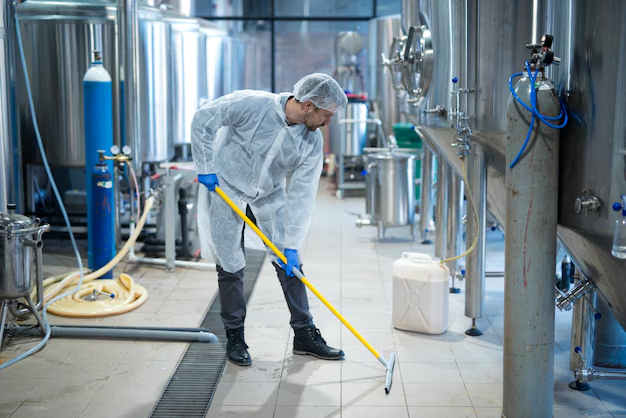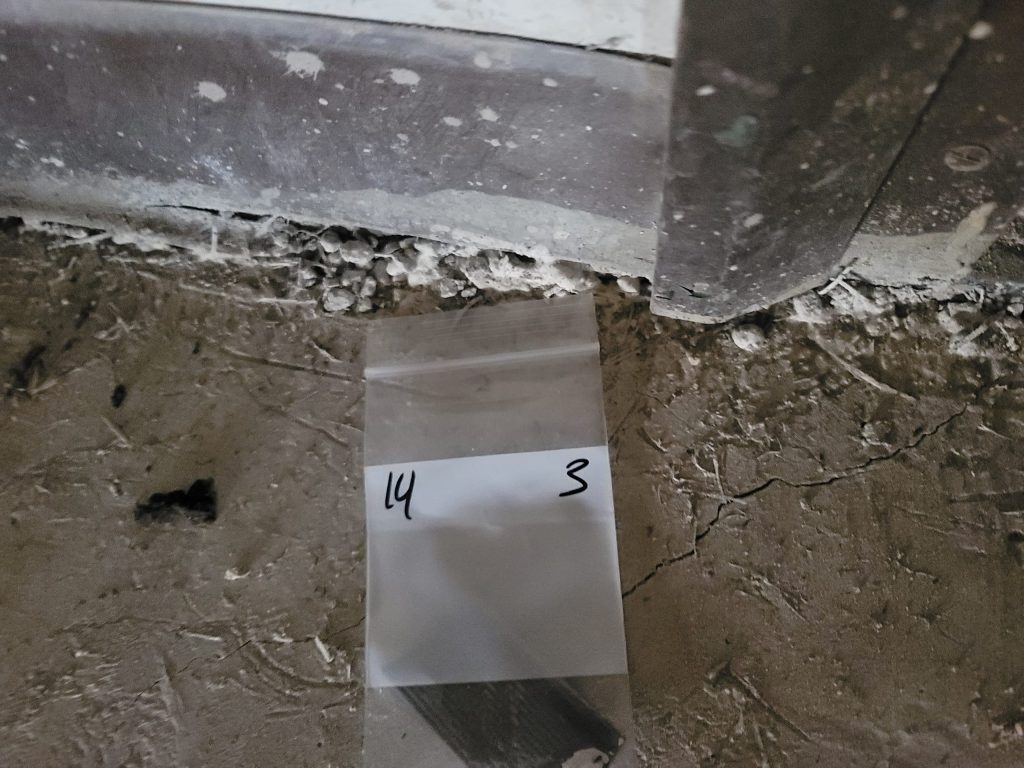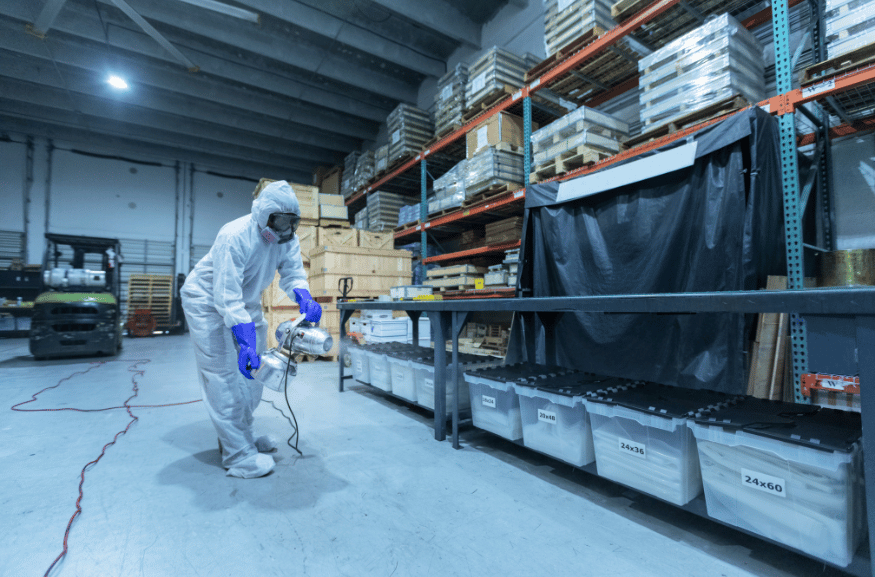Industrial hygiene

Industrial hygiene is a critical component of workplace safety, helping businesses protect employees from exposure to harmful physical, chemical, and biological hazards. Poor air quality, chemical spills, excessive noise, and ergonomic strain can lead to long-term health issues such as respiratory diseases and hearing loss. Our industrial hygiene specialists conduct thorough assessments, including air and surface testing, noise level monitoring, and hazard mitigation strategies. Implementing proper controls, such as ventilation improvements, protective barriers, and personal protective equipment, can drastically reduce occupational health risks.
Industrial hygiene is the science of protecting workers from hazardous environmental factors that can impact their health and safety. Exposure to chemicals, dust, mold, fumes, and excessive noise can lead to serious occupational illnesses if not properly managed. By identifying and controlling workplace hazards such as chemical exposure, air contaminants, noise pollution, and ergonomic risks, industrial hygiene services help businesses maintain compliance with OSHA regulations and create a safer work environment.

Our industrial hygiene services
Hazard Identification & Risk Assessment
Industrial hygiene focuses on detecting workplace hazards such as chemical exposure, airborne contaminants, noise pollution, and ergonomic risks that can lead to serious health conditions. Through advanced air quality testing, noise level monitoring, and workplace hazard evaluations, industrial hygienists identify potential dangers and develop tailored strategies to minimize exposure and improve employee safety. By proactively addressing these risks, businesses can ensure compliance with OSHA regulations while fostering a healthier work environment.

Effective Exposure Control & Mitigation Strategies
Once hazards are identified, industrial hygiene professionals implement targeted control measures such as improved ventilation systems, personal protective equipment (PPE), and engineering solutions to reduce occupational health risks. Strategies like substituting hazardous chemicals with safer alternatives, isolating high-risk areas, and enforcing strict safety protocols help mitigate exposure and prevent workplace illnesses. Regular monitoring and adjustments to these controls ensure ongoing protection for workers in high-risk industries.

Regulatory Compliance & Workplace Safety
Industrial hygiene plays a key role in ensuring businesses meet safety standards set by OSHA, EPA, and other regulatory agencies, reducing the risk of fines and legal liabilities. In addition to conducting workplace assessments, industrial hygienists provide employee training on hazard recognition, proper PPE use, and emergency response procedures. By promoting a strong culture of workplace safety, companies can enhance productivity, lower absenteeism, and protect employees from long-term health risks.

